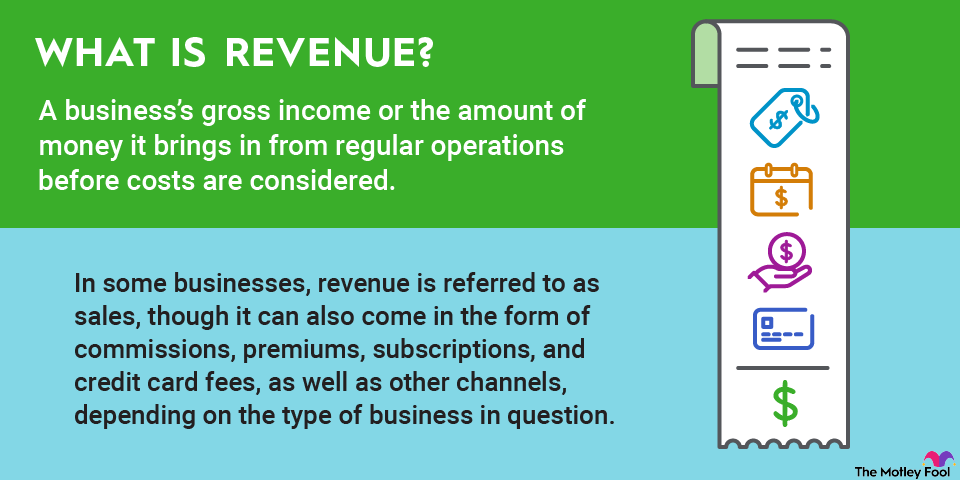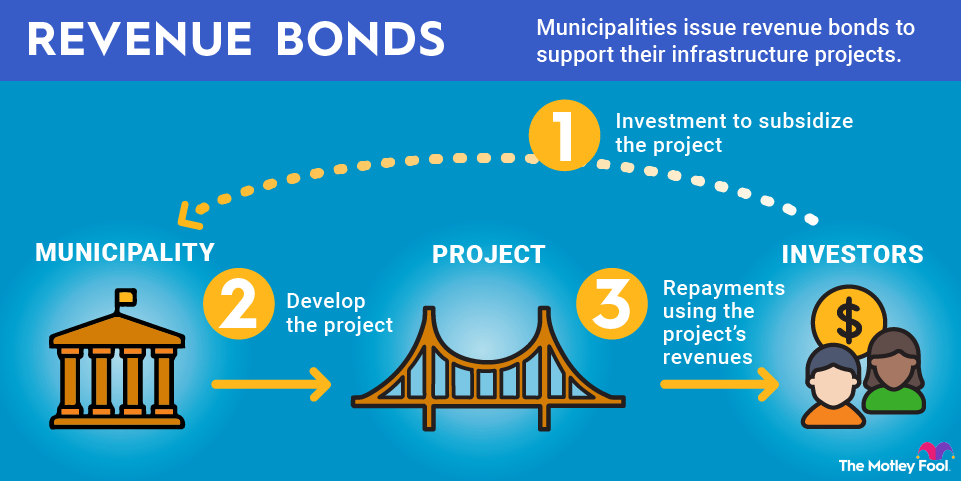Residual income, sometimes also called discretionary income, can refer to how much money in a reporting period remains after an entity covers all of its costs. Residual income is also a term used in personal finance to refer to income a person continues to receive after a fixed amount of initial work is completed.
We'll examine residual income in both contexts. Most importantly, you'll learn how to make residual income.

How does residual income work?
From a corporate accounting perspective, residual income is calculated by subtracting all of a company's equity-related costs from the company's net income for the reporting period. Residual income projections can be used to determine the intrinsic value of a business with what's called the residual income model.
Residual income formula
The residual income formula for companies is:
Residual income = Net income-(Cost of equity x Equity capital)
Net income is the amount of money that remains after a company pays all of its operating and debt-related expenses. A company's cost of equity is calculated by first dividing its annualized dividends per share by the current stock price and then adding that sum to the projected dividend growth rate. The equity capital is simply the amount of money contributed by investors who hold common or preferred stock.
Residual income vs. passive income
Jumping back to residual income in the context of personal finance, many people use the terms "residual income" and "passive income" interchangeably. However, these two types of income are not necessarily the same.
Passive income is money earned with little or no ongoing effort and may or may not be residual for the earner. Residual income can be generated either passively or with active effort.
Why have these two income types become so closely linked? It's probably because individuals who are able to passively generate money are more likely to have residual income.
Different types of residual income
Residual income can be evaluated in two different contexts:
Corporate finance
Residual income in the corporate finance setting is how much money remains after all costs are subtracted. Positive residual income for a given project or investment indicates the endeavor is profitable. Companies can determine how to best allocate their financial resources by calculating and comparing residual incomes for different potential projects or investments.
Personal finance
Residual income in personal finance refers to how much money an individual has remaining for a given time period after covering all debts, including student loan payments, car loan payments, and home mortgage payments. A person with high residual income can afford to take on additional debt, so banks routinely use residual income calculations to help make loan approval decisions.



















